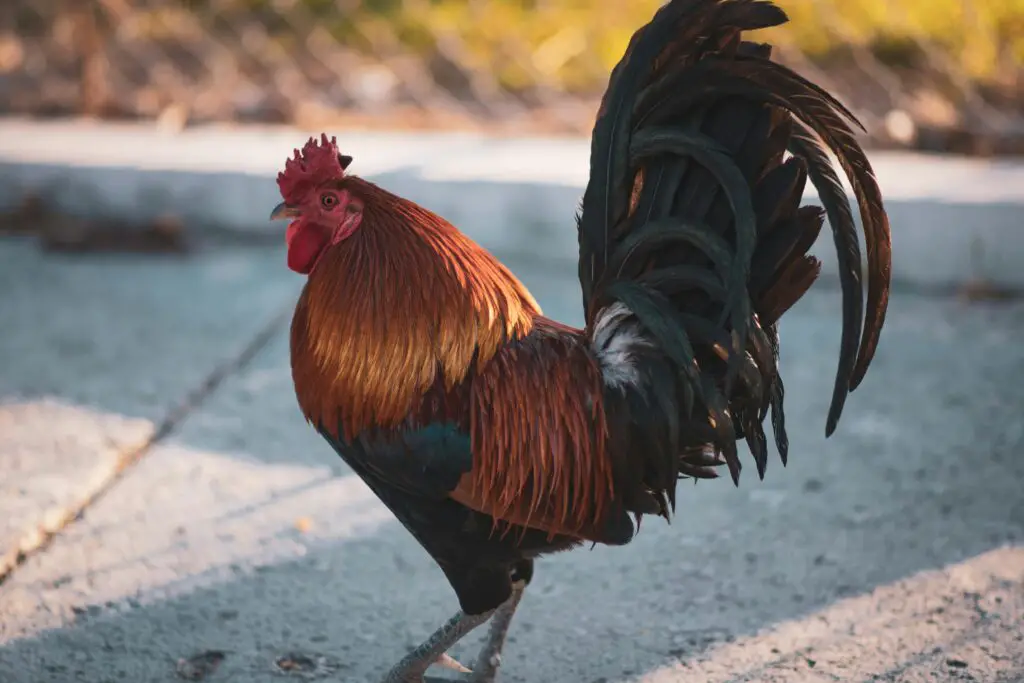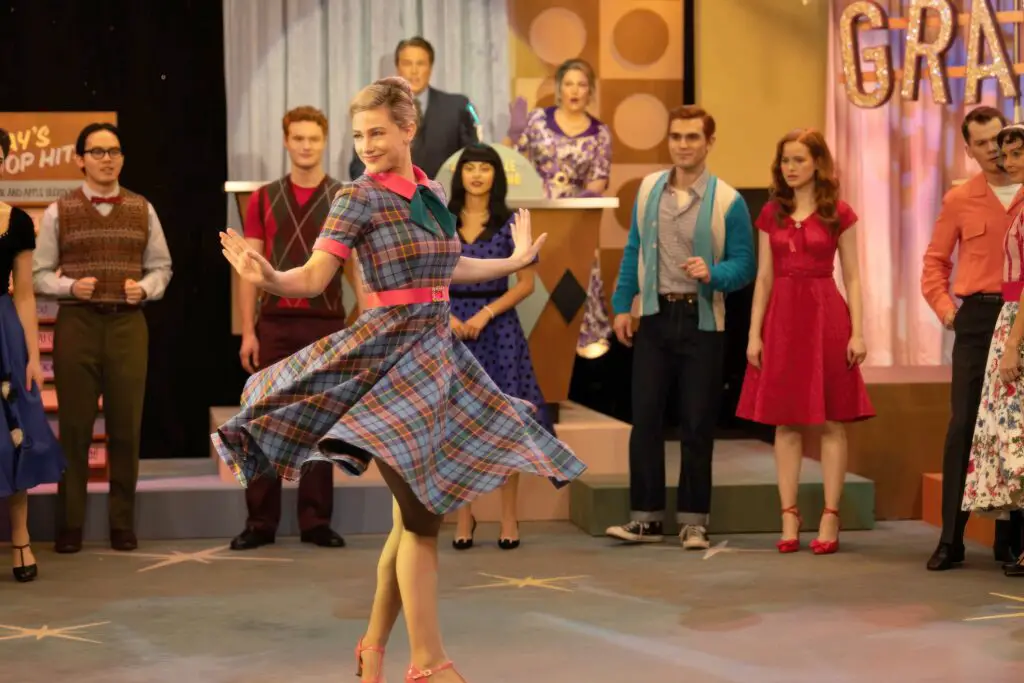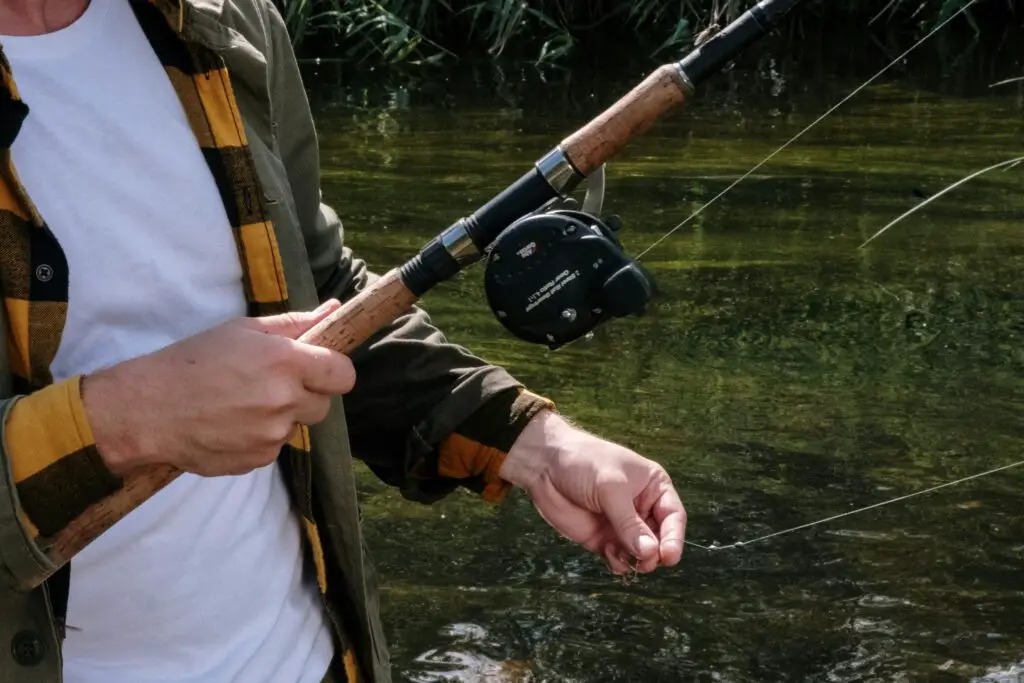1. No Whistling Underwater in Berkeley Springs, West Virginia

Believe it or not, the little town of Berkeley Springs once had a law on the books that forbade people from whistling underwater. It sounds silly because, well, who can whistle underwater anyway? The rule was part of a set of quirky ordinances meant to keep the town’s natural springs orderly. Visitors flocked there for their supposed healing powers, and apparently, even playful whistling was considered disruptive.
Though rarely enforced, the law stayed around for decades, becoming more of a town quirk than a serious regulation. Locals laughed about it, and it eventually became a fun piece of trivia about the town. Imagine an officer actually trying to ticket someone for this—it’s almost cartoonish. Still, it’s a reminder that small towns often had big ideas about what “order” should look like.
2. Ice Cream on Sundays in Lexington, Kentucky

In Lexington, there was once a law prohibiting the sale of ice cream on Sundays. The rule tied back to the old “blue laws,” which restricted what people could buy or do on the Sabbath. Ice cream, of all things, was lumped in with those restrictions. Families craving a cone on a hot summer Sunday were simply out of luck.
The law lingered for decades before being quietly repealed. Locals sometimes ignored it, and businesses would sneak sales to regulars. It became one of those old-fashioned quirks that made the town seem stuck in time. Looking back, it’s hard not to chuckle at how something so innocent could have been considered off-limits.
3. No Throwing Bricks in Warren, Ohio

In Warren, there was a law that specifically prohibited throwing bricks onto the street. While it might sound oddly specific, it likely stemmed from concerns about damage to roads or injury to horses back in the day. It wasn’t about stopping rowdy kids but rather protecting carriages and property.
What’s funny is that the law remained long after the horse-and-buggy days had passed. By the time cars had replaced carriages, it still sat in the town code. It became one of those forgotten leftovers that made people scratch their heads. The odd specificity makes it one of those small-town laws people love to bring up at trivia nights.
4. Chickens Crossing the Road in Quitman, Georgia

Quitman had a law making it illegal for chickens to cross the road. It sounds like a setup to a classic joke, but it was a real ordinance. The idea was to keep wandering hens from clogging up traffic and causing accidents in the small town streets.
The law made sense in a farm-heavy community, but to outsiders, it was hilarious. Even when people knew it was practical, the humor of “Why did the chicken cross the road?” took on a new meaning. For years, the town became known for this law, which finally fell out of use but not before cementing its place in small-town lore.
5. No Dancing Close in Purdy, Missouri

Purdy, a small Missouri town, once banned public school dances altogether. Town leaders believed dancing too closely could lead to “immoral behavior.” For years, students missed out on proms and homecomings because of the ordinance. Parents and teens often fought to overturn it, but tradition and conservative values held firm.
It became a point of national attention in the 1980s when students and parents challenged the ban. The story made headlines, and comparisons to Footloose ran wild. Even after changes were made, the law stuck in people’s minds as one of those outdated attempts to legislate morality.
6. No Fishing on Horseback in Indiana

At one point, Indiana law technically prohibited fishing while sitting on horseback. It may have been intended to prevent accidents or damage to riversides. Still, it sounds like lawmakers were either overthinking or had witnessed a very specific incident.
The image of someone casting a line from the back of a horse is comical today. While few, if any, people actually tried it, the law stayed around for years. By the time it was finally removed, it was more of a punchline than a precaution. Locals joked about whether the fish or the horse would be more confused.
7. No Eating Peanuts in Church in Waterloo, Nebraska

In Waterloo, you couldn’t legally eat peanuts inside a church. The ordinance may have been about keeping sanctuaries clean or preventing distractions during sermons. It’s oddly specific, especially when other snacks weren’t mentioned.
The law lasted decades, even as peanuts became a staple snack at ballgames and fairs. Families laughed about it but still warned their kids not to bring peanut shells into the pews. By the time it was dropped, it had become one of those town laws that people fondly remembered but never took seriously.
8. Don’t Tie Your Giraffe to a Lamp Post in Atlanta, Georgia

Atlanta once had an ordinance forbidding people from tying their giraffes to street lamps or telephone poles. While it sounds ridiculous, it was part of broader animal-related regulations. Clearly, giraffes weren’t exactly common, but lawmakers lumped them in with horses and mules.
The rule became a favorite among trivia buffs and locals who enjoyed pointing out its absurdity. It stayed in the books long after anyone cared to update it. Even now, it pops up in conversations about silly laws. The mental image of a giraffe tethered downtown makes it memorable.
9. No Bathing Without Clothes in Winnetka, Illinois

Winnetka once required bathers to wear clothes while bathing. The law wasn’t about swimming pools—it was meant for the town’s lakes and rivers. Leaders feared indecency, so they took things to the extreme.
Of course, the wording made it sound as if people were expected to wear full outfits while swimming. While it wasn’t strictly enforced, it was confusing enough to become a town oddity. For decades, the law just sat there, earning chuckles from residents who thought it sounded like something out of a comedy sketch.
10. Ban on Eating Watermelon in Beech Grove, Indiana

Beech Grove outlawed eating watermelon in the park for decades. Officials worried about the seeds littering the grass and creating a mess. It was a cleanliness issue disguised as a law.
The problem is, watermelon is basically the perfect park snack in the summer. Families had to watch out for officers patrolling during picnics. Eventually, people ignored the law until it faded away. Still, for years it was one of those rules people couldn’t believe was actually enforced.
11. Don’t Walk Backward After Sunset in Devon, Connecticut

In Devon, it was once illegal to walk backward after sunset. The ordinance might have been written to prevent accidents in poorly lit streets. But the phrasing made it sound completely bizarre.
The law stayed on the books for decades, and no one took it too seriously. Teens, of course, loved testing it just to see if anyone cared. It became a local joke, a rite of passage for kids daring each other to break it. When it was finally repealed, many were almost sad to lose such a quirky piece of town identity.
12. Bingo Games Restricted in North Carolina

Small towns in North Carolina once had strict laws about bingo games. They limited the number of days per week churches and community groups could hold them. The idea was to prevent gambling, but bingo hardly felt dangerous to most residents.
The rules were frustrating for communities that relied on bingo nights to raise money. Despite the grumbling, the laws stayed in place for decades before being eased. They’re a perfect example of how even harmless fun could get wrapped up in serious regulations. To this day, older residents still remember having to plan their schedules around bingo restrictions.
13. Don’t Frown in Nicholas County, West Virginia

Nicholas County once had a law forbidding people from frowning in public. While likely meant as a joke or morale booster, it ended up written into the books. Authorities hoped to promote positivity in the community, but enforcing it was impossible.
The ordinance lasted for years as a strange reminder of small-town optimism. People would joke about being “ticketed for frowning” when they had a bad day. Though not really enforced, the law was an odd attempt to legislate happiness. It gave Nicholas County a reputation for quirky charm.
14. No Singing Off-Key in North Carolina

Another North Carolina gem was a law against singing off-key in public. The aim was probably to prevent public disturbances, but it’s still funny to think about. Who decides what’s “off-key,” after all?
Despite the vagueness, the rule stayed for years. Street performers and choirs would joke about it, turning it into part of the culture. While it wasn’t actually enforced, its very existence gave locals and tourists a laugh. It’s one of those small-town quirks that makes you wonder what lawmakers were thinking.
15. Don’t Sleep in a Cheese Factory in South Dakota

South Dakota once had a law against sleeping in cheese factories. The concern was probably safety or sanitation, but the wording made it sound silly. Why anyone would want to nap in a cheese factory is a mystery.
Still, the rule stayed in place for years. Workers and locals made jokes about it, and it became one of those bits of trivia towns loved to share. While it’s gone now, the mental image of someone curling up in a cheese vat lives on. It’s a classic example of how oddly specific small-town laws could be.
16. No Dogs at School in Hartford, Connecticut

In Hartford, it was once against the law to bring dogs to school. At first, it seems reasonable—pets can be distracting. But the fact that it had to be formally written into law suggests there was a real problem at some point.
The ordinance stayed on the books long after schools had solved the issue. Generations of kids grew up knowing they couldn’t sneak their pups into class. By the time it was repealed, it had become more of a curiosity than anything else. Still, it’s a funny reminder of how even the simplest issues sometimes called for official rules.
